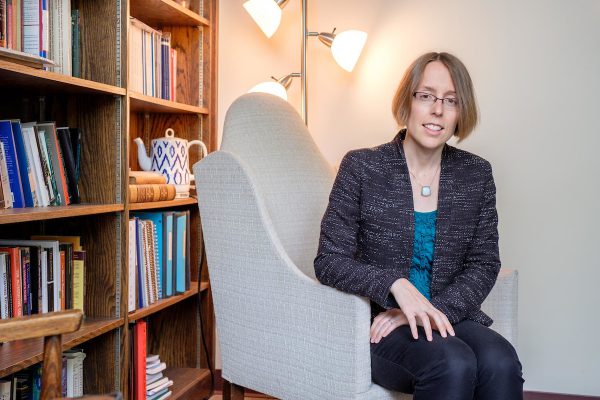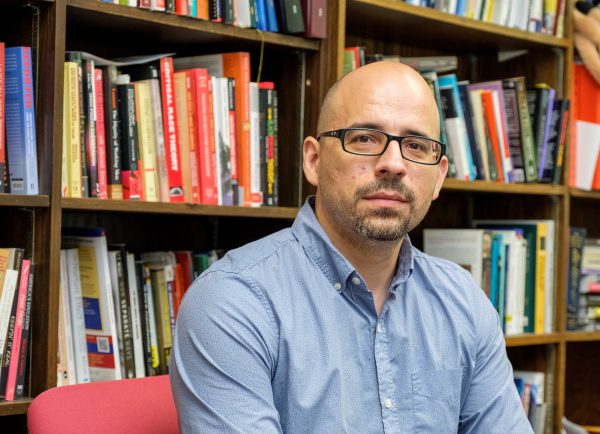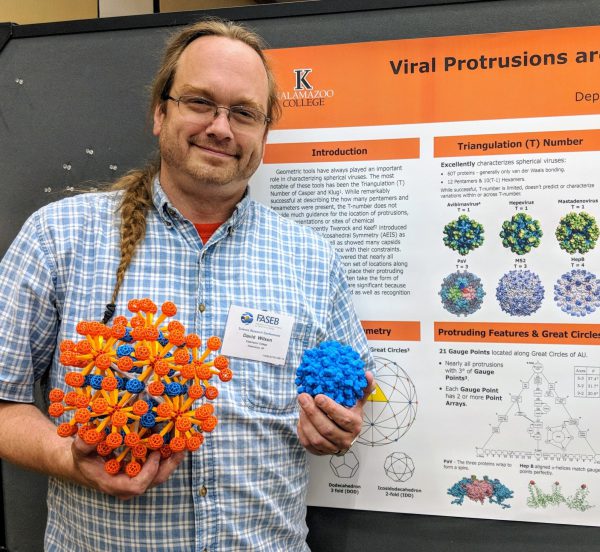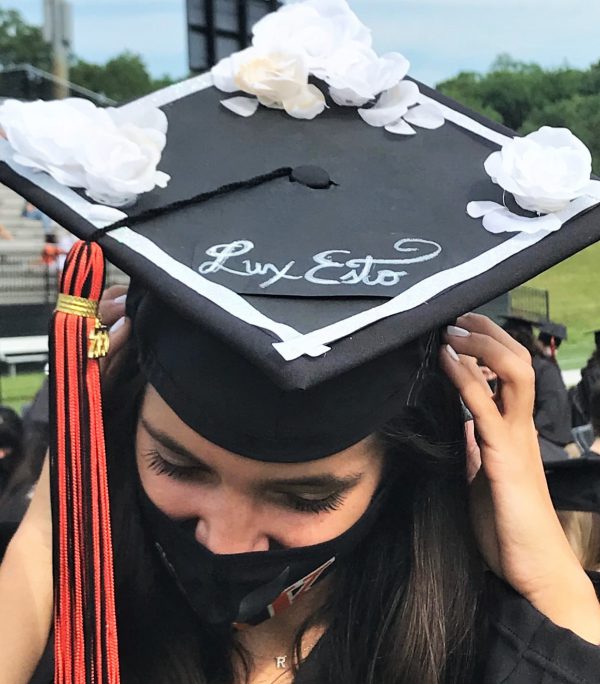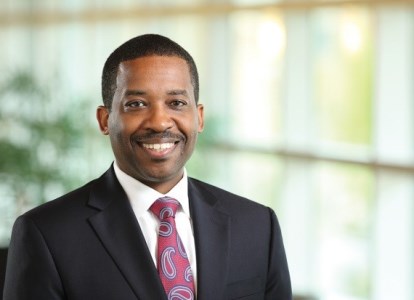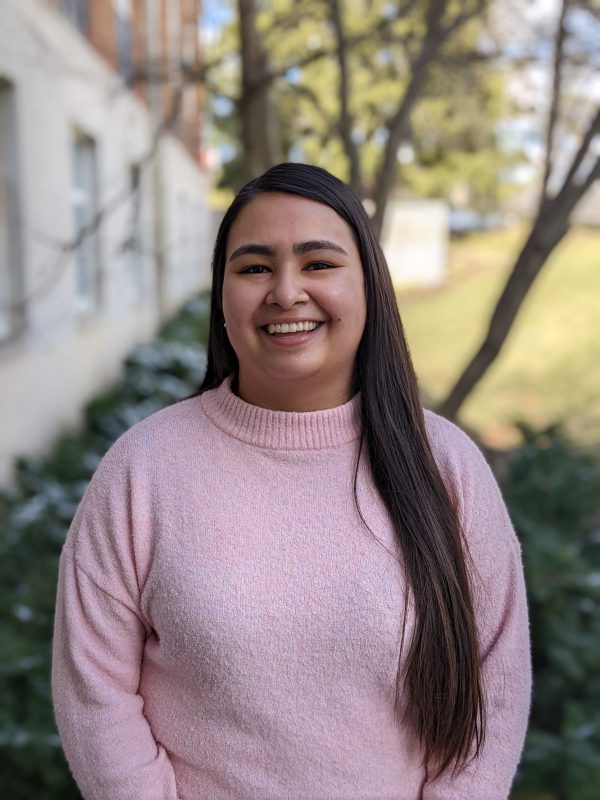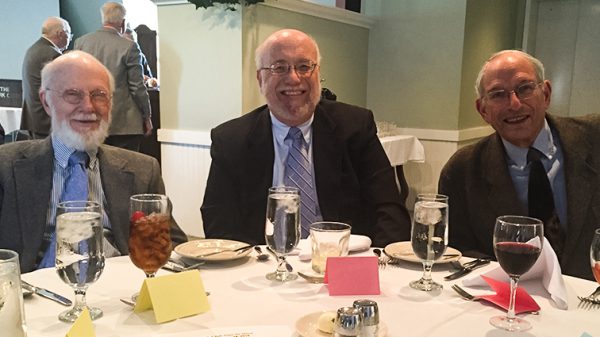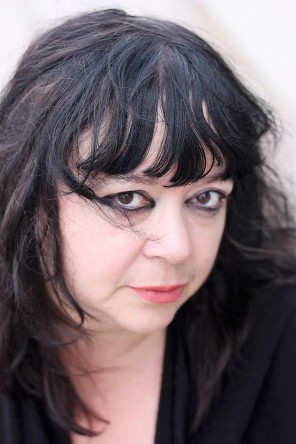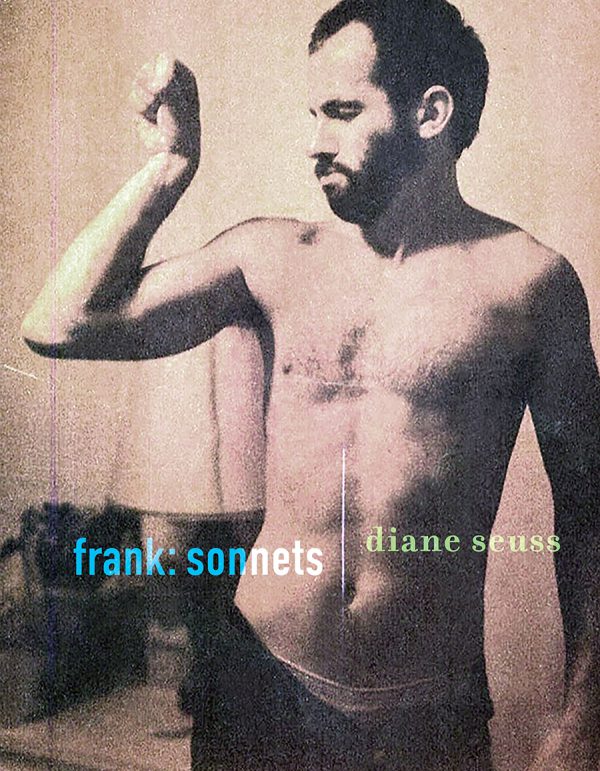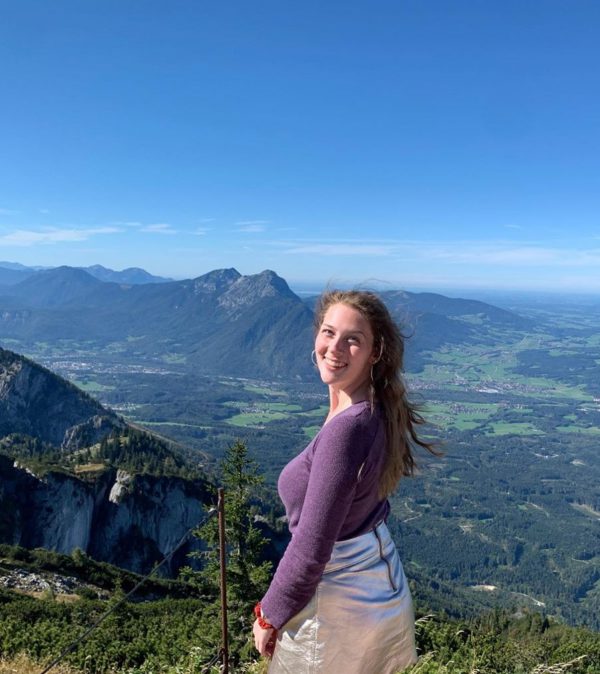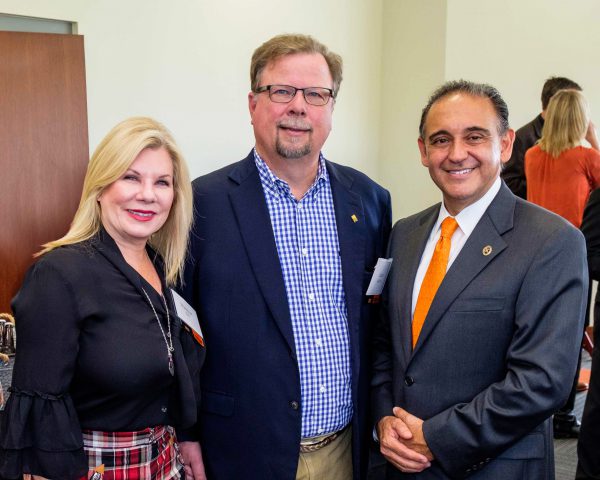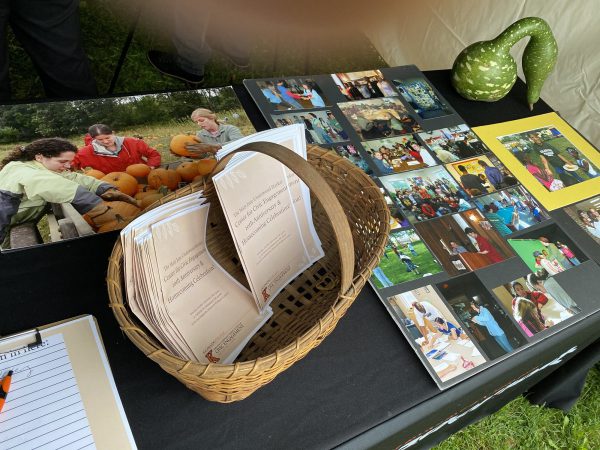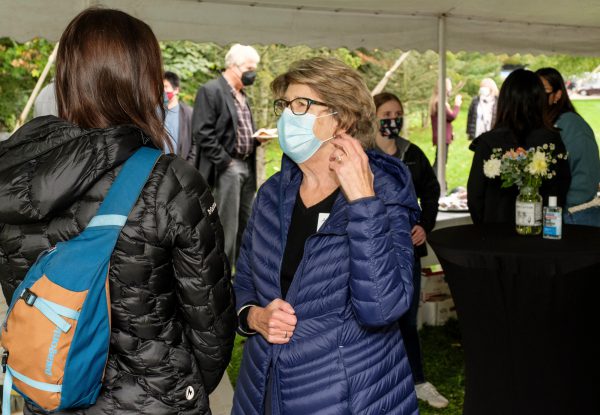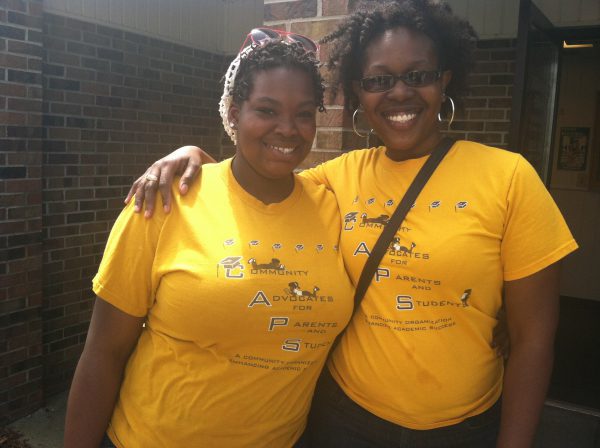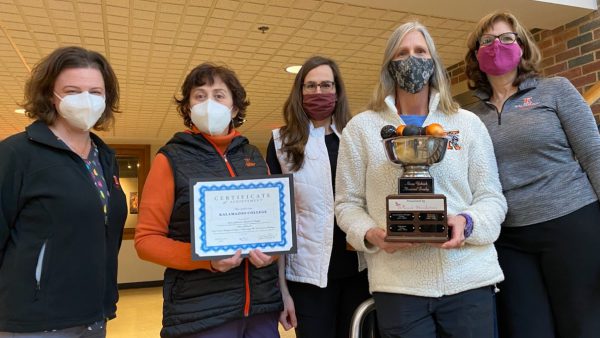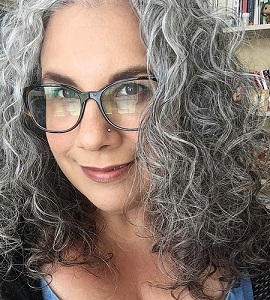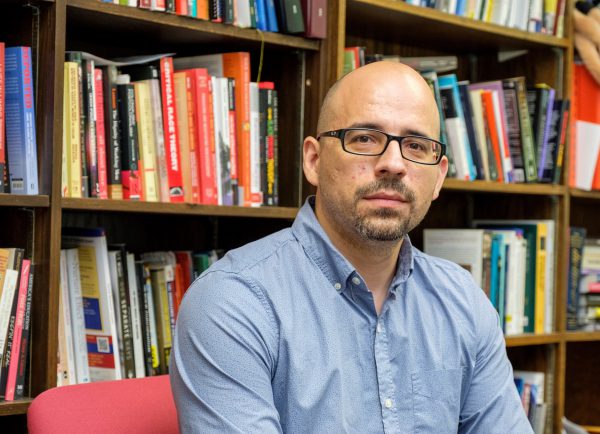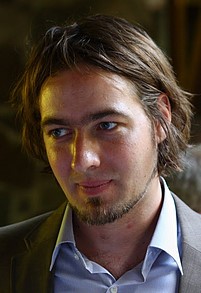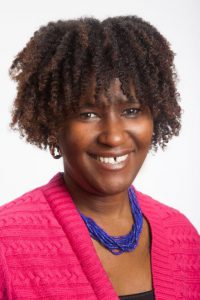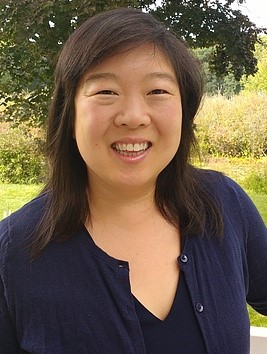
Arcus Center for Social Justice Leadership.
A documentary film that had its U.S. premier at Kalamazoo College’s Arcus Center for Social Justice Leadership is illuminating the struggles of indigenous people from Patagonia to Mexico.
Tony Nelson, the assistant director of student engagement in the Center for International Programs, hosted the showing last month of Minga: Voices of Resistance, an international production by Pauline Dutron and Damien Charles. Together, the acclaimed co-directors help denounce the destruction of indigenous territories, spotlight cultural heritage and show how indigenous peoples are organizing themselves to inspire solutions.
The film, Nelson said, does an excellent job of raising awareness around two issues: the strategic and patterned violence perpetrated against indigenous peoples throughout the Americas and worldwide, and the resistance of those peoples, while calling for others worldwide to take up the fight against it.
“Sometimes intentionally, and sometimes accidentally, we don’t hear enough from people who have been marginalized historically and economically,” he said. “The more we can give amplification to the voices of folks who are being strategically ignored, censored or silenced, the better, in my opinion. I hope documentaries like this, as well as testimonies from students, can make those voices louder so more people are aware and more people get involved.”
For seven and a half years, Nelson ran a study abroad program in Chiapas, Mexico, where he met the filmmakers.
“They were in San Cristobal for a particular event called the National Indigenous Congress, so I got to meet them when they stayed at my friend’s house,” he said. “They had traveled from Belgium all the way to the southern tip of Chile and South America via sailboat by volunteering to work the sailboat, and then traveled only by bus all the way up to Mexico.”
Nelson said that while he was skeptical at first of the filmmakers’ intentions, he’s impressed with the end product.
“I was nervous about them accessing indigenous communities in a way that might feel exploitive, but I stayed in contact with them,” he said. “They spent a year transcribing all of their interviews, and then a year translating all the different languages into Spanish and English. I saw the film and I thought, ‘Oh, my gosh. They really did this. They did an amazing job.’ They did all these travels, and stayed focused on the voices of the communities in a way that centered voices that don’t get amplified often.”
The film is now available to anyone through a Creative Commons license, which allows it to be shown for free, although it was special to have the premier at K.
“The film is moving and well done,” Nelson said. “Regardless of my involvement or even knowing the filmmakers, I would have been speaking to people about it to raise awareness. They’re activists in Belgium, and they have a long-term goal of trying to inspire more people to resist and stand up for what’s right.”
Co-director Charles, speaking from his home in Belgium, said he wanted to share something important in the world through Minga, a film that took more than six years from concept to completion.
“When I came in contact with these communities, I saw their point of view,” Charles said. “It’s not just the idea, ‘We have this territory we depend on and if someone wants to destroy it, we want to defend it.’ Of course, they want to defend it, but it’s much deeper than that. It also talks about how the Western world imposes its views of ‘development’ on communities that have other projects for their diverse societies. These deeper goals really impacted me and made me question a lot of things about our way of life, about our society and about the way we see the world around us. I wanted to share that experience of being in contact with people who actually have a different vision of their place in the world. I think being in contact with something so different makes you understand yourself better.”
Nelson hopes many will see the film, understand themselves better and be inspired to act alongside voices that are traditionally marginalized or silenced.
“In my opinion, change can only come with serious pushback and pressure,” Nelson said. “That’s why, I think, they’re highlighting the communities they are. I hope people draw motivation from this and see that these incredibly repressed communities have found a way to fight, stand up with dignity and stick up for their rights, even if it means going up against a Goliath like Chevron or Coca-Cola. These companies are picking fights and threatening these people’s livelihoods; threatening their way of life. If they can stand up for themselves, we can definitely fight against the XL Pipeline or communities being redlined. There are many struggles we can join with in fighting the systems that are threatening us, our neighbors, and loved ones.”

